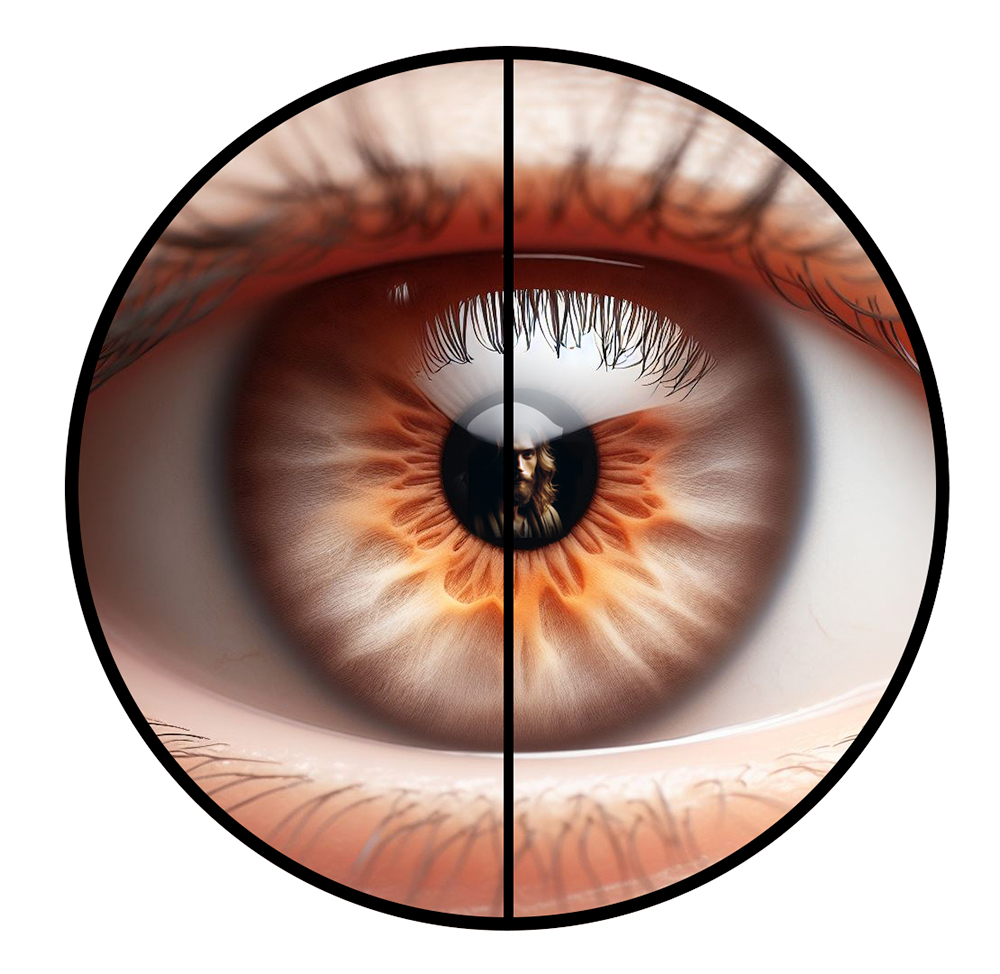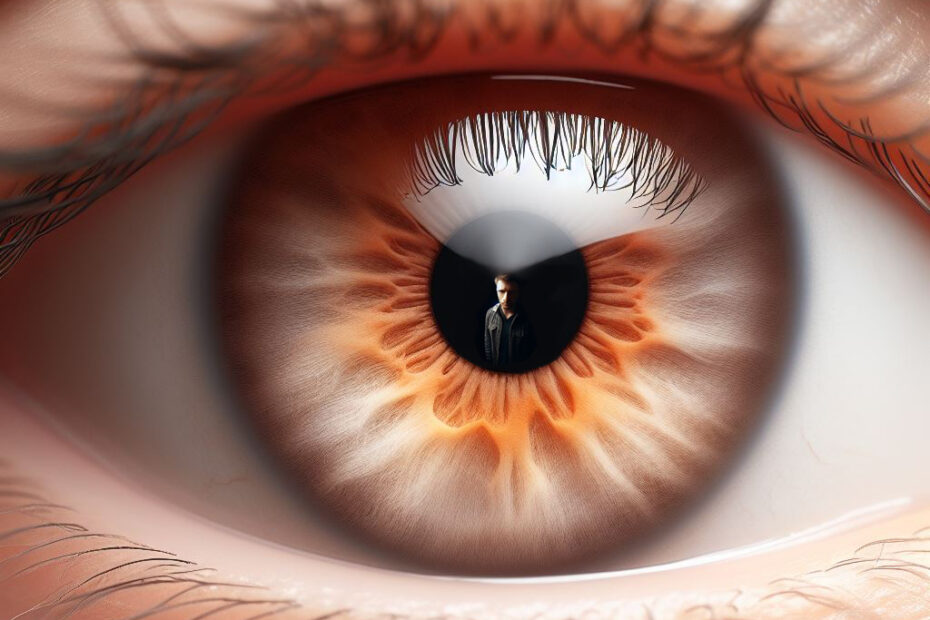…your inner selves are dying
Hebrew תמתון “you” are dying.
This suffix ון– is attached to about 310 verbs. The morphology of all of them, with exception to a few, are plural—either second person or third person masculine plural. But its meaning is unknown (cf. Unfolding Hebrew’s Paragogic Nun Suffix). This means interpretations from scholars and translators in the past were pure “educated guesses” from surrounding grammatical context. In fact, the suffix was entirely ignored.
 In Hebrew, the combination of a vav and a final nun ון– also forms a diminutive suffix for many nouns, such as “אישון“ (ishon) This suffix is often used to denote smallness similar to how “-ie” or “-y” might be used in English. In Psalms 17:8, “אישון עינך“ (ishon einekha) has been interpreted as “little man of your eye” or “little one of your eye.” Most know it as “the apple of your eye” to express endearment. It is also used in this way in Modern Hebrew. But the “little man of the eye” is also the pupil within the center of the eye. One can see a reflection of their own tiny face within their pupil, if they look closely enough in a mirror.
In Hebrew, the combination of a vav and a final nun ון– also forms a diminutive suffix for many nouns, such as “אישון“ (ishon) This suffix is often used to denote smallness similar to how “-ie” or “-y” might be used in English. In Psalms 17:8, “אישון עינך“ (ishon einekha) has been interpreted as “little man of your eye” or “little one of your eye.” Most know it as “the apple of your eye” to express endearment. It is also used in this way in Modern Hebrew. But the “little man of the eye” is also the pupil within the center of the eye. One can see a reflection of their own tiny face within their pupil, if they look closely enough in a mirror.
The challenge we face here is that this suffix modifies the normal verb suffix somehow. See Gesenius’ Pronominal Verb Suffixes. What we know for certain is that it’s a verb suffix identifying a person(s), because verb suffixes serve one function—to identify the person(s).
The normal known conjugation for “you all are dying” is תמתו (temutu) and not תמתון (temuton). This kind of ending is also found in several feminine singular verbs. The standard Hebrew for “you are clinging” in the feminine singular is תדבקי (tadbeqi) and not תדבקין (tadbeqin). So why is the standard conjugation not used? Also, why are there some feminine singular verbs found with this ending but no masculine singular verbs ending with ון-?
שבתון is a masculine noun meaning sabbath/still one (Strongs #7677). Does it mean “the little still one”? Perhaps akin to “the little man of the eye” or “apple of the eye”? Maybe the “apple” which “she” eats underneath his tree? (Strongs #7677). Does it mean “the little still one”? It is taken from the phrase שבת שבתון shabbat of shabbaton which seems redundant if both are interpreted as the same word. But they aren’t. שבת is also a noun form from the verb ישב yashab, to sit/dwell. It can mean seat, or sitting (one). According to Exodus 16:23 where it first appears there is some rich meaning to be found:
“And he is speaking toward themselves, ‘He Is (“Yahweh”) has spoken Himself straightly. The still/sitting one of a still one is holy to He Is (“Yahweh”), tomorrow.”
In other words, the day of stillness today is the same day of stillness to himself, tomorrow.
What this suffix seems to denote is found in the difference between the eternal “Today” and the “today” within temporal constraints. That is “a today within Today.” The “inner man/apple of the eye” refers to the one who is in the middle of the eye of time, or, “a man within the Man”, given that we understand the relationship of eternity and time as an “eye” with its circumference being the circuit of time. And based on this we can conjecture that the verb suffix has to do with “the man in the middle” or “the inner self in the middle” where time ceases to be. Put another a way, the sabbath as “cessation” is the place of sitting where time ceases.
This means for that one, the inner self, today and tomorrow are the same.
